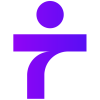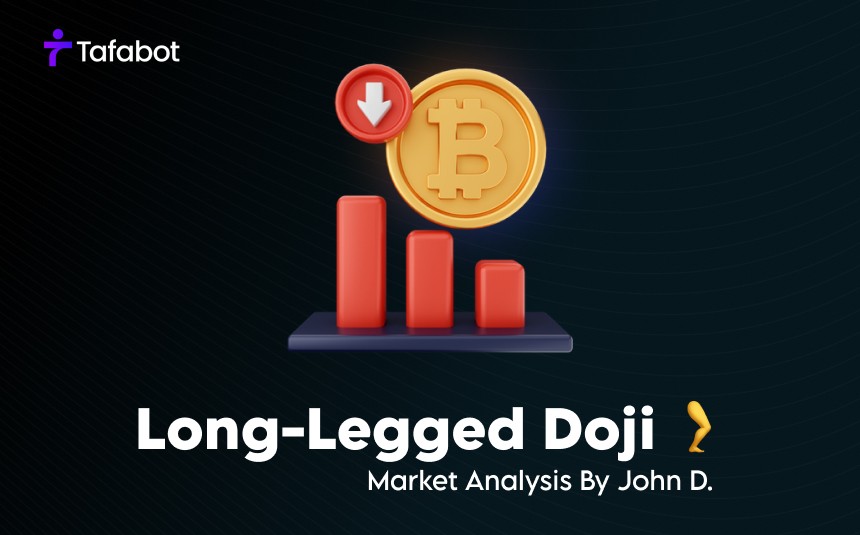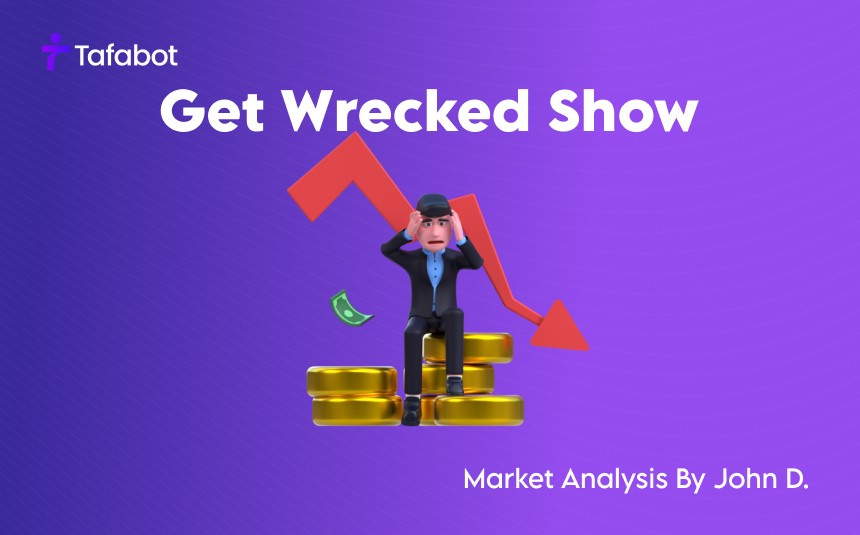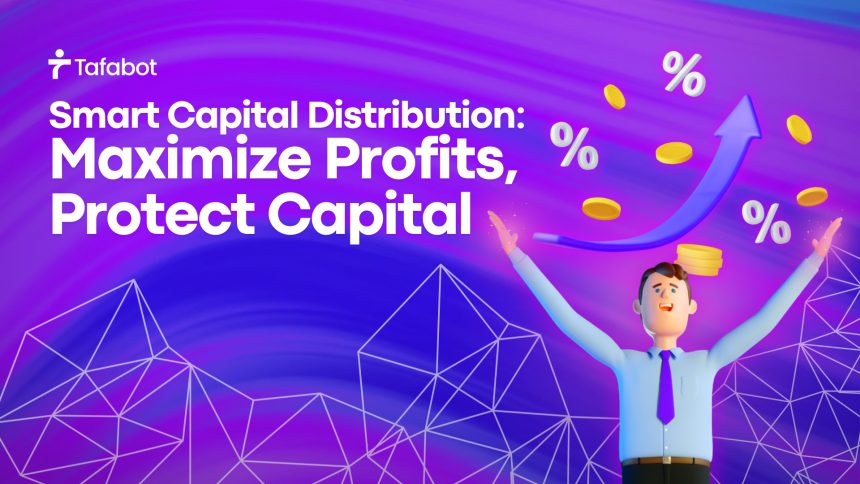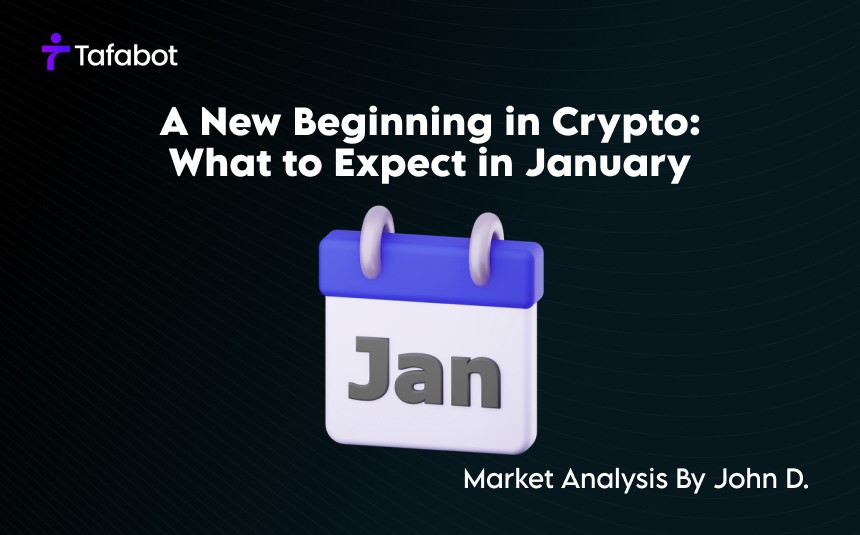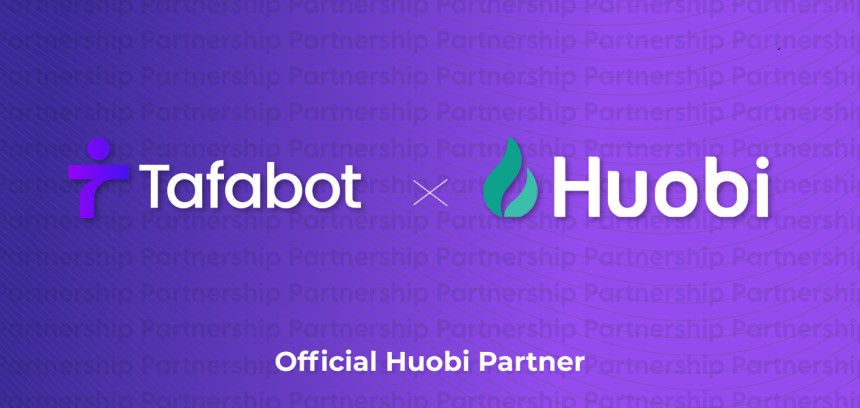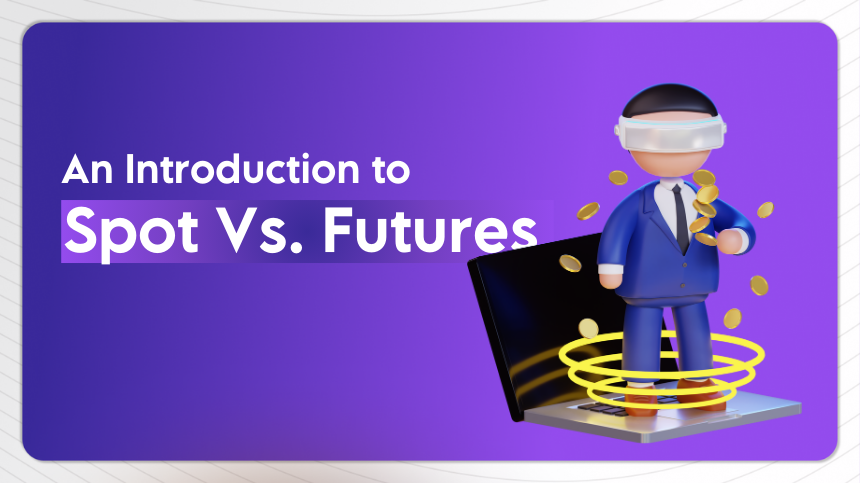
Spot Market vs Futures Market: Navigating the Differences
Welcome to our comprehensive guide on the Spot vs Futures market! If you're new to trading or investing, you may have heard these terms thrown around, but do you truly understand the difference? In this blog post, we'll break down the key concepts of spot and futures markets, explore how they engage the market. So, let's dive in!
Spot Market: The Basics
In the spot market the financial assets such as currencies or stocks are purchased and sold at the current market price for immediate delivery. In other words, it is a market in which you can purchase or sell an asset at the moment and obtain immediate possession of it. Prices in the spot market are decided by supply and demand dynamics, and transactions are resolved instantly or within a short period of time.
Engaging the Market: Spot Market
The spot market is highly engaging, as it offers real-time trading and immediate settlement. It provides investors with the opportunity to capitalize on short-term price movements, take advantage of arbitrage opportunities, and manage risk through spot transactions. Spot market participants include individual traders, institutional investors, corporations, and governments, and the market is characterized by high liquidity, meaning there are plenty of buyers and sellers willing to trade at any given time. This makes the spot market highly dynamic, with prices changing rapidly in response to market news, economic data, and geopolitical events.
Advantages of the Spot Market
- Immediate ownership: In the spot market, you can take ownership of an asset instantly after the transaction is settled. This allows for quick and efficient trading, as there is no need to wait for the maturity date of a futures contract.
- Spot marketplace transactions are incredibly flexible since they can be adapted to the unique needs of the buyer and seller. Customization of contract terms, quantities, and delivery dates is included.
- Transparency: Because prices are established by market forces and are publicly visible, the spot market is noted for its transparency. This enables investors to make informed decisions based on market data in real time.
Futures Market: The Basics
Participants in the futures market can enter into contracts to buy or sell a specific item, such as currencies, at a preset price and date in the future. Futures contracts are standardized, which means they contain consistent contract conditions, such as the underlying asset's quantity, quality, and delivery date. Futures contracts, unlike spot market contracts, are settled at a later period known as the expiration or maturity date.
Engaging the Market: Futures Market
The futures market engages the market in a different way compared to the spot market. Instead of immediate ownership, futures contracts allow participants to speculate on the future price movements of the underlying asset, hedge against potential price fluctuations, and lock in future prices for buying or selling. Futures market participants include speculators, hedgers, and arbitrageurs, and the market is characterized by high leverage, meaning a small amount of capital can control a large position in the underlying asset.
Advantages of the Futures Market
- Futures markets provide traders with various risk management tools such as stop-loss orders, leverage control, and proper position sizing. These tools allow traders to proactively manage their risk exposure, protect their investments, and minimize potential losses. By utilizing risk management techniques, traders can effectively mitigate risks and optimize their trading performance in the highly volatile crypto market.
- Leverage: Futures contracts allow participants to trade on margin, which means that they can control a larger position in the underlying asset with a smaller amount of capital. This amplifies the potential for profit, but also increases the risk of losses.
- Speculation: The futures market offers opportunities for speculators to profit from anticipated price movements in the underlying asset without owning the physical asset itself. This allows for potential profit generation in both rising and falling markets.
Spot vs Futures Market: Key Differences
Now that we've covered the fundamentals of spot and futures markets, let's look at some major distinctions between the two:
- possession: In the spot market, you obtain immediate possession of the asset upon settlement, whereas in the futures market, you have a contract representing an agreement to purchase or sell the item at a future date.
- Settlement: Spot market transactions are resolved immediately or quickly, whereas futures contracts are settled at a later date.
- Customization: Spot market transactions can be highly customized to meet the specific needs of the buyer and seller, whereas futures contracts are standardized and have uniform contract terms.
- Leverage: Futures contracts allow for higher leverage compared to spot market transactions, as participants can control a larger position in the underlying asset with a smaller amount of capital.
- Market Dynamics: Spot markets are characterized by real-time trading and immediate settlement, with prices changing rapidly in response to market news and events. On the other hand, futures markets are more speculative in nature, with participants focusing on anticipating future price movements.
Market Engagement: Spot vs Futures
Both spot and futures markets are highly engaging in their own ways, catering to different trading styles and strategies.
Spot Market Engagement:
In the spot market, engagement is focused on immediate ownership and real-time trading. Spot market participants need to constantly monitor market news, economic data, and geopolitical events to capitalize on short-term price movements. Spot market traders use various technical and fundamental analysis tools to make informed decisions and execute trades quickly to take advantage of market opportunities. Spot market engagement requires active monitoring and quick decision-making skills to react to changing market conditions.
Futures Market Engagement:
In the futures market, engagement is focused on speculation and risk management. Futures market participants need to anticipate future price movements of the underlying asset and use futures contracts to either hedge against potential price fluctuations or speculate on price direction. Futures market traders rely on technical analysis, market sentiment, and fundamental factors to forecast future price movements. Futures market engagement requires a longer-term perspective, as futures contracts have expiration or maturity dates, and participants need to manage their positions over time.
Conclusion
In conclusion, the spot and futures markets are two different types of financial markets that cater to different trading styles and strategies. The spot market offers immediate ownership and real-time trading, making it suitable for short-term trading and customization. On the other hand, the futures market offers speculation, risk management, and higher leverage, making it suitable for longer-term trading and hedging purposes.
Whether you are going for spot or futures market, you should always be careful, build a strong trading strategy, determine how much risk you can handle, and actively monitor and analyze the market.
Explore Tafabot’s trading bots for both futures and spot market
Tafabot to the moon!
